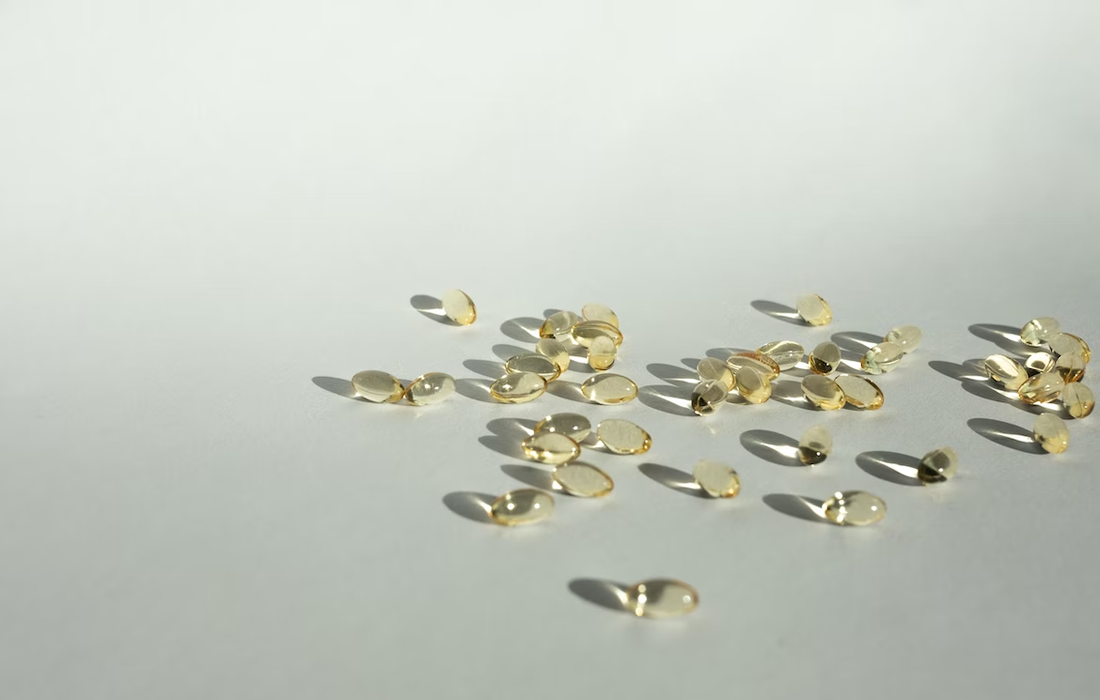Nutrition and Supplements
May the Inflammation be Caused by VItamin D Deficiency?
Vitamin D is a pro-hormone and an essential micronutrient, and although its classical roles are related to the regulation of calcium homeostasis, various types of immune cells express both the vitamin D receptor and metabolizing enzymes, suggesting that hormonal vitamin D could also play a role in modulating inflammatory responses.
This is supported by an inverse association between serum 25-hydroxyvitamin D [25(OH)D] concentrations and C-reactive protein (CRP), which is frequently reported in observational studies. Serum 25(OH)D is the best indicator for vitamin D status whereas CRP is one of the most widely used inflammatory biomarkers in clinical practice.
Vitamin D deficiency has a causative role in the systemic inflammation that commonly accompanies it, with inflammation declining, reflected by reductions in elevated C-reactive protein (CRP), as vitamin D levels increase to normal levels. However, there is no reverse effect between the two: changes in CRP levels did not appear to affect vitamin D levels.
Elina Hypponen, PhD, a professor in nutritional and genetic epidemiology and director of the Australian Center for Precision Health in Adelaide and her team performed a bidirectional Mendelian randomization analysis, using a cohort of 294,970 unrelated participants of White/British ancestry in the UK Biobank, the largest cohort to date with measured serum 25(OH)D concentrations.
Overall, 294 970 participants were included, the average 25(OH)D concentration was 50.0 nmol/L (range 10–340 nmol/L), with 11.7% (n = 34,403) of participants having concentrations of < 25 nmol/L, considered deficient.
In this large-scale genetic analysis, we observed evidence for a causal effect of vitamin D status on CRP with no support for CRP as a determinant of 25(OH)D concentrations. However, the relationship was only significant among participants with 25(OH)D levels in the deficiency range (< 25 nmol/L), with the association leveling off at about 50 nmol/L of 25(OH)D, which is generally considered a normal level.
How can vitamin D help with the inflamation?
The anti-inflammatory effects observed with serum vitamin D could be related to its role as a pro-hormone that can impact vitamin D receptor-expressing immune cells, such as monocytes, B cells, T cells, and antigen-presenting cells.
Indeed, cell experiments have shown that active vitamin D can inhibit the production of pro-inflammatory cytokines, including TNF-alpha, interleukin (IL)-1b, IL-6, IL-8, and IL-12, and promote the production of IL-10, an anti-inflammatory cytokine.
The findings suggest that “improving vitamin D status in the deficiency range could reduce systemic low-grade inflammation and potentially mitigate the risk or severity of chronic illnesses with an inflammatory component.
SOURCE:
Ang Zhou, Elina Hyppönen (May 17, 2022). Vitamin D deficiency and C-reactive protein: a bidirectional Mendelian randomization study. International Journal of Epidemiology. Retrieved from : https://academic.oup.com/ije/advance-article/doi/10.1093/ije/dyac087/6586699
IMAGE:
Photo by Nicolas Solerieu on Unsplash.

